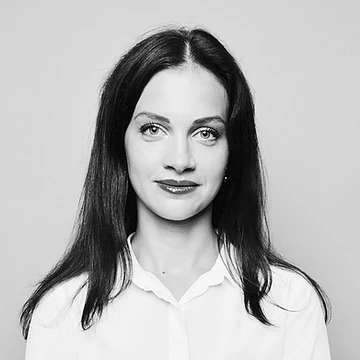Gambling industry is joining the global trend being responsible. The main trend and pressure is coming from regulators, who have the most power. Regulators changed the rules of the game in Great Britain by reducing the stake for fixed-odds betting terminals from £100 till £2 last year (sources: BBC and TheGuardian) and thinking about tightening regulation due to social responsibility measures (GamblingCommission). These actions are made to reduce the harm which problem gamblers may do to themselves and to their families. On the other hand, incumbents of the market say that the percentage of problem gamblers among active players from country to country ranges from 2% to 4% in the regions but, in terms of the total population, their number is much lower.
Last year NeuralSolution took part in ICE London, and
then it was invited to Macao to share the thoughts about what could be changed in the responsible gambling field. Benjamin, NeuralSolution CEO was apanellist who initiated interesting discussions. We have gathered the most striking insights heard at both events below.
NeuralSolution presented the product “Problem Gambling Solved”, the camera based technology which can identify the problem gambler behaviour using biofeedback. During ICE, the CEO of gambling company from Latin America approached us with a smile asking: “Do you really think anyone care about solving this problem? No – no one, because it is so small that let’s say it almost doesn’t exist”. Interesting, but in Macao, Senior Executive of the world known casino operator, mentioned almost the opposite opinion: “I started my career 20 years ago as the croupier and the difference between approach to people who possess characteristics of problem gamblers from thosedays to nowadays changed extremely. Twenty years ago, after finishing your work at casino and getting back home at 3AM, you would see the person sitting on the stairs and crying loudly and you just would simply say “bye, see you tomorrow”. But nowadays the behaviour of the croupiers and security is much different”.
Companies in the UK, Singapore and Macao use different methods to dealwith responsible gambling issues: age restriction, self-exclusion possibilities and others.
Benjamin Fry, NeuralSolution CEO noticed that “responsible gambling is the same as painless boxing”. It is the risk which individuals like to take to stimulate their nervous activity. And to identify the person under problem gambling risk, the casino should evaluate two factors: the addiction and the possibility to spend money. Who can see the problem if the person loves gambling and has the possibility to spend on it as much as he/she wants. We have received the feedback about our product from the legal firm’s partner which contained the question “would you stop serving food in a restaurant for the overweight person, just saying “Sorry, sir, you are not allowed to eat beef, here is your salad”. Our thoughts are that it’s not about refusing to serve food but about early stage intervention. Additionally, the gambling industry lacks marketing, states one of the Chief Responsible Officer from TOP largest casino operators. She also adds that everyone is only talking about the harm, but no one mentions what industry creates, namely infrastructure, job places and value adding to those cities, where it exists.
While discussing our solution with potential partners from gambling industry, we are emphasizing that our role is to provide information, however, further actions are must be taken by gambling operators. Intervention must be performed in a very polite and almost invisible way, so casino players would not be offended. This is an issue which the industry should solve with join efforts to protect itself for further growth and in some cases even survival.

About the Author
Iryna, NeuralSolution COO, has over 10 years of experience in finance and operations, including 5+ years of managerial experience. Iryna started her career in Baker Tilly in 2006. Then she worked as Senior auditor in Ernst and Young, as Financial Director of 1+1 Production (production of TV content) and as General Director of TET Channel. She has an MBA from Oxford Said and she is ACCA (Association of Chartered Certified Accountants) affiliate
